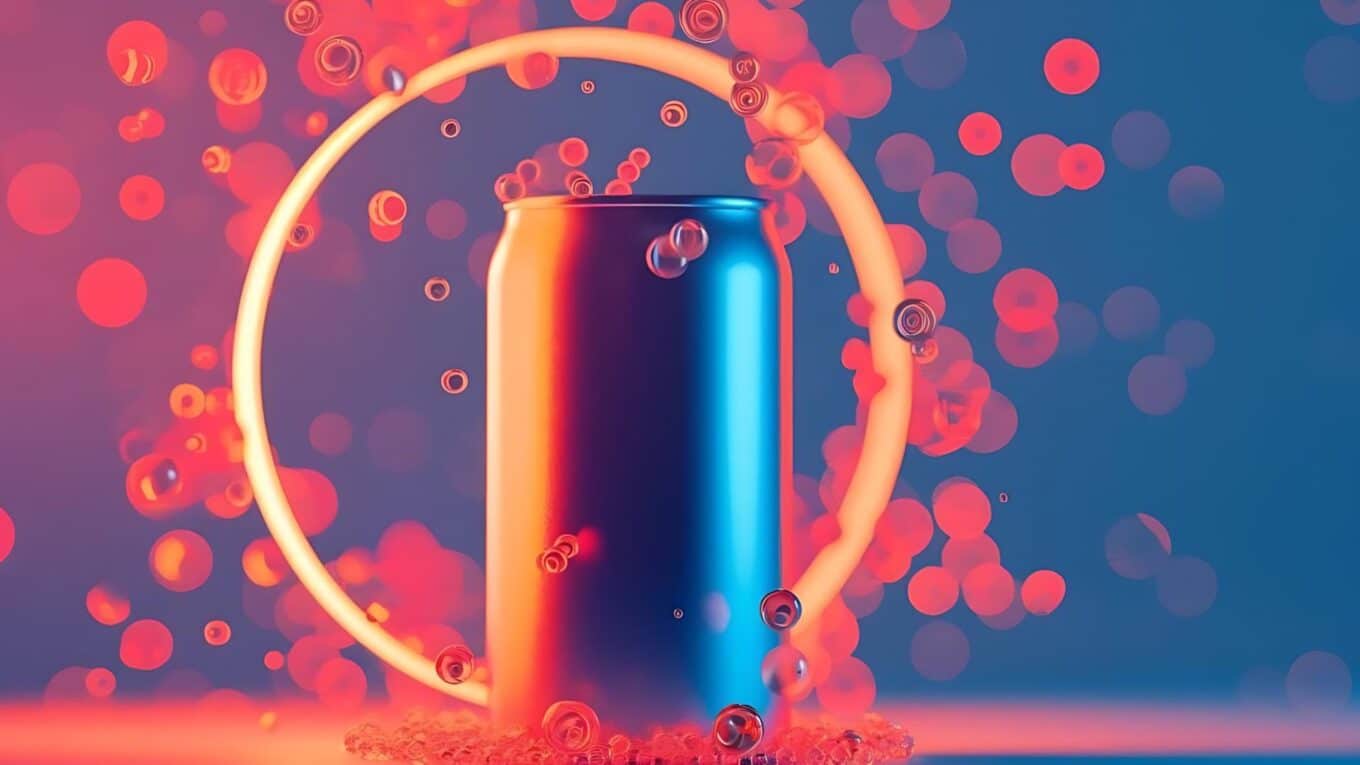Energy drinks have taken the world by storm. From college campuses to gyms, people reach for these cans of passion.
But what’s really inside them? Many seek out the strongest energy drink, hoping for a big boost. Yet, do we know how these drinks work?
What makes them tick? The mix of stuff in your energy drink isn’t random. Each part plays a role in how you feel after you drink it.
Are these drinks as powerful as they say? Or is there more to learn? Let’s look at what science tells us about energy drink ingredients.
We’ll find out what happens in your body when you gulp down one of these drinks.
What’s Inside Your Energy Drink?
Have you ever wondered what gives energy drinks their kick? Let’s break down the main players in that can.
From the usual suspects to some surprising additions, we’ll explore what each ingredient does and why it’s there.
1. Caffeine: The Wake-Up Call
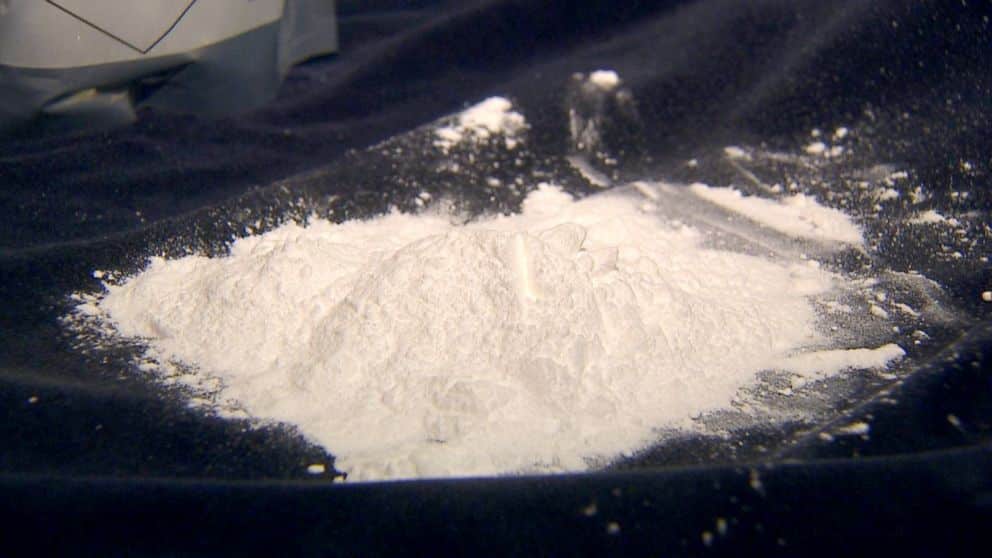
Caffeine works by blocking a brain chemical that makes you sleepy, making you feel more alert and focused.
Many people find that caffeine helps them think better and move faster. In sports, it might help you last longer and feel stronger.
But be careful – drinking too much can make your heart beat fast and might be hard to stop. Some folks get headaches if they suddenly quit caffeine.
2. Sugar: Quick Fuel
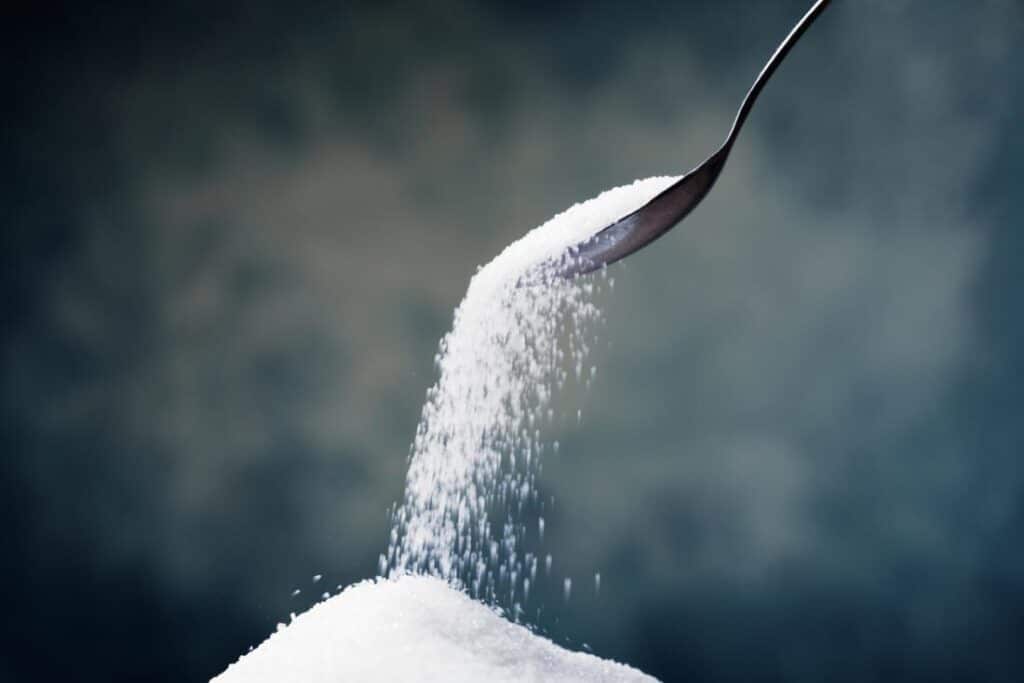
Sugar gives your body fast energy. When you drink it, your blood sugar goes up quickly. This can make you feel good for a short time.
But watch out – you might gain weight if you drink many sugary drinks often. Over time, this could lead to health issues like problems with how your body handles sugar.
3. Taurine: The Mystery Add-In
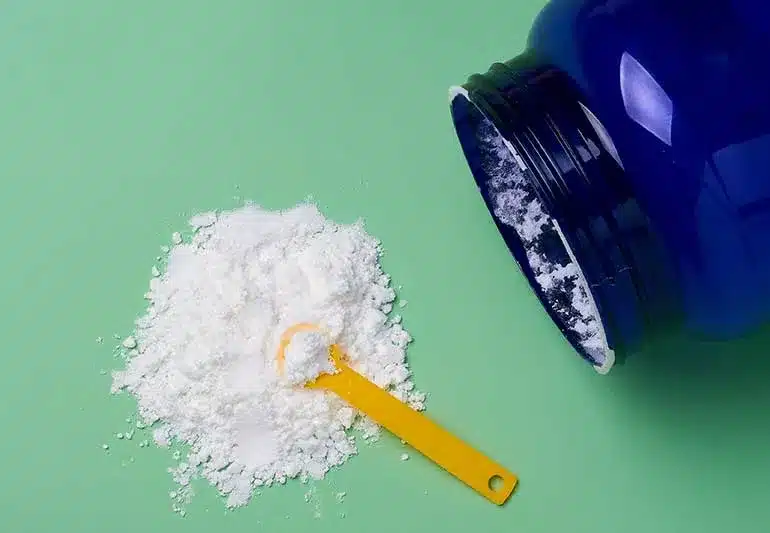
The body itself makes taurine. It’s also found in meat and fish. Drink makers add it to their products, saying it helps the heart and muscles.
But studies aren’t sure yet if drinking extra taurine does anything. Some research suggests it might make you less alert when mixed with caffeine.
4. Guarana: Extra Caffeine Kick

Guarana comes from a plant and has more caffeine than coffee beans. Some studies show it might help you think better and stay alert longer.
It could also help you perform better in sports. But it’s hard to tell whether these effects come from guarana or its caffeine.
5. B-Vitamins: Energy Helpers
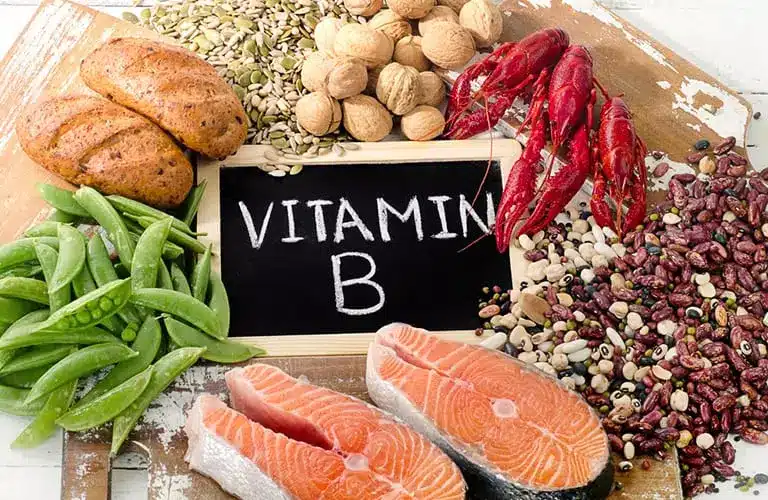
B vitamins help your body turn food into energy. They’re important for keeping your brain and nerves healthy.
Energy drinks often have many B vitamins, much more than you need daily. While extra B vitamins usually aren’t harmful, they might not give you more energy if you already get enough from food.
6. Ginseng: Old Plant, New Tricks?

People have used ginseng for a long time, thinking it helps with stress and energy. Some studies show it might help you think better or feel less tired.
But there’s not enough proof that the amount of ginseng in energy drinks matters. More research is needed to know for sure.
Other Stuff in Your Energy Drink
Energy drinks often contain ingredients you might not have heard of. In this section, we’ll look at some of the less common additives and what they should do for you.
1. L-Carnitine: Fat Helper
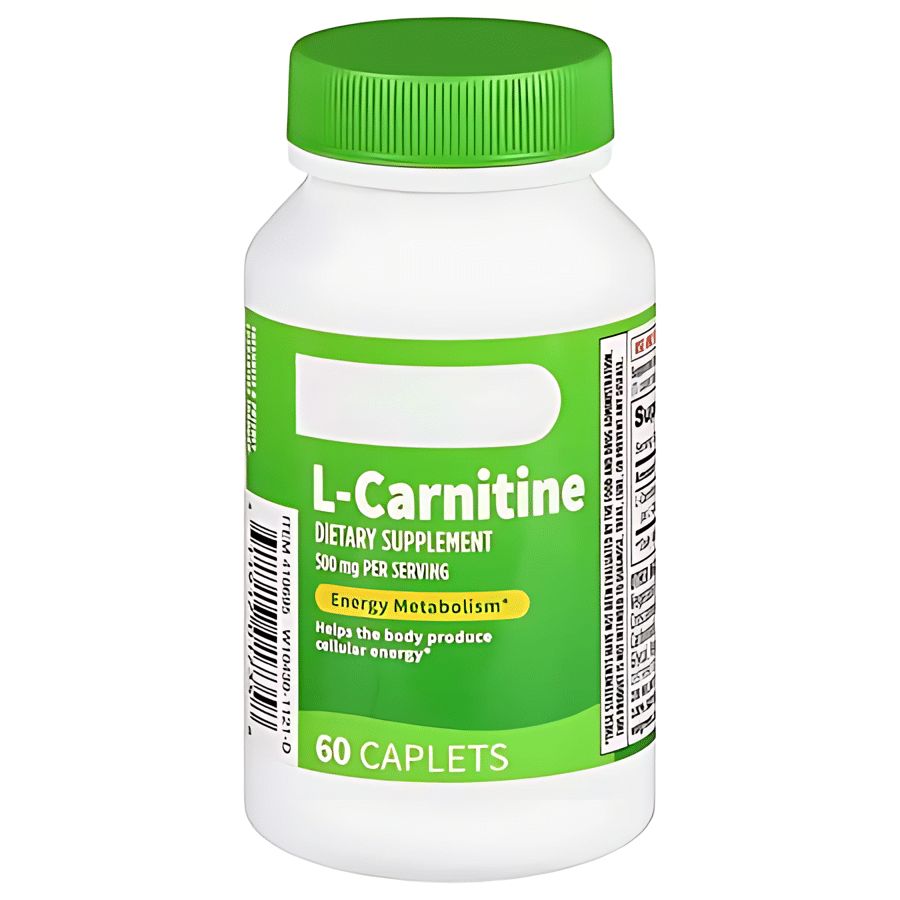
L-carnitine helps your body use fat for energy. It’s like a taxi that moves fat to where it’s burned up.
Some think it might help you exercise longer, but studies aren’t sure. Most healthy people make enough on their own.
2. Inositol: Cell Messenger
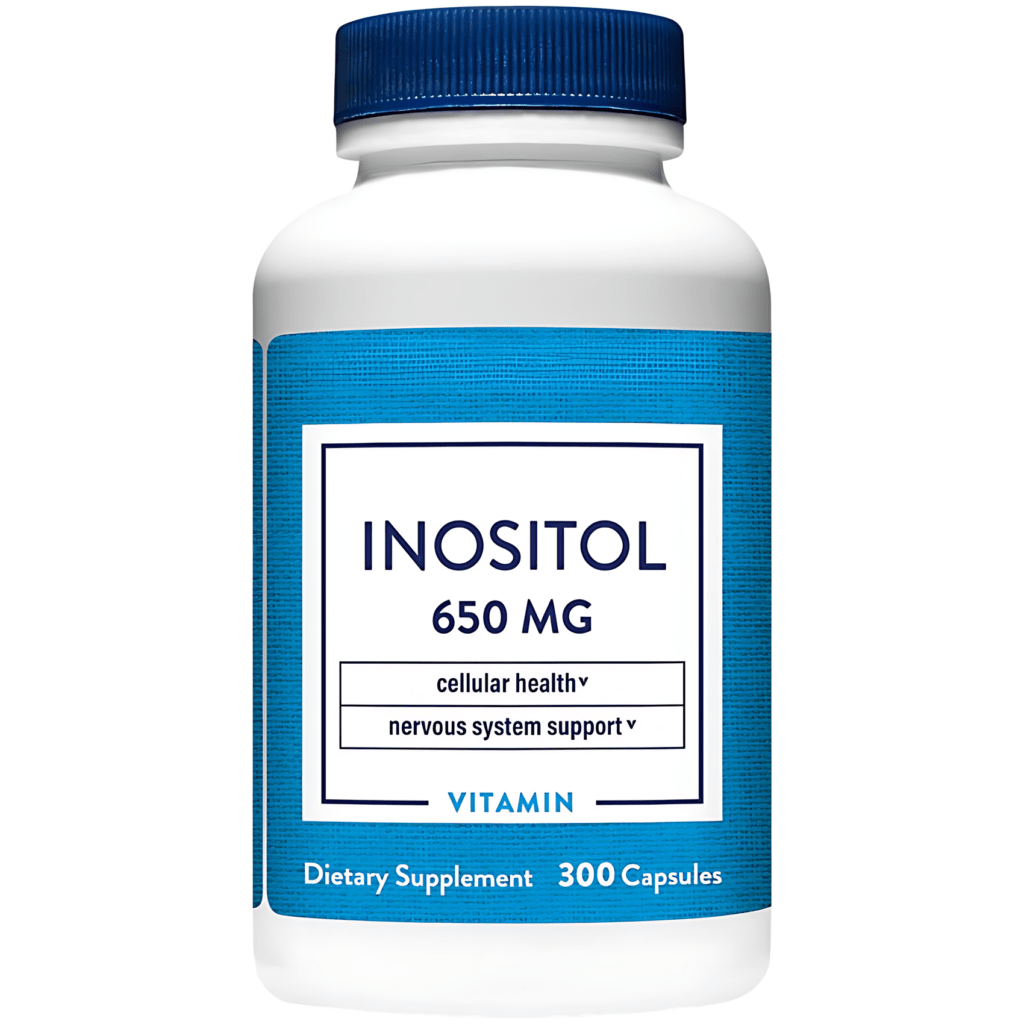
Inositol helps cells in your body talk to each other, which is important for how your brain works.
Some studies suggest it might help mood, but we need more research. The amount of energy drinks is probably too small to do much.
3. Glucuronolactone: The Unclear Add-In
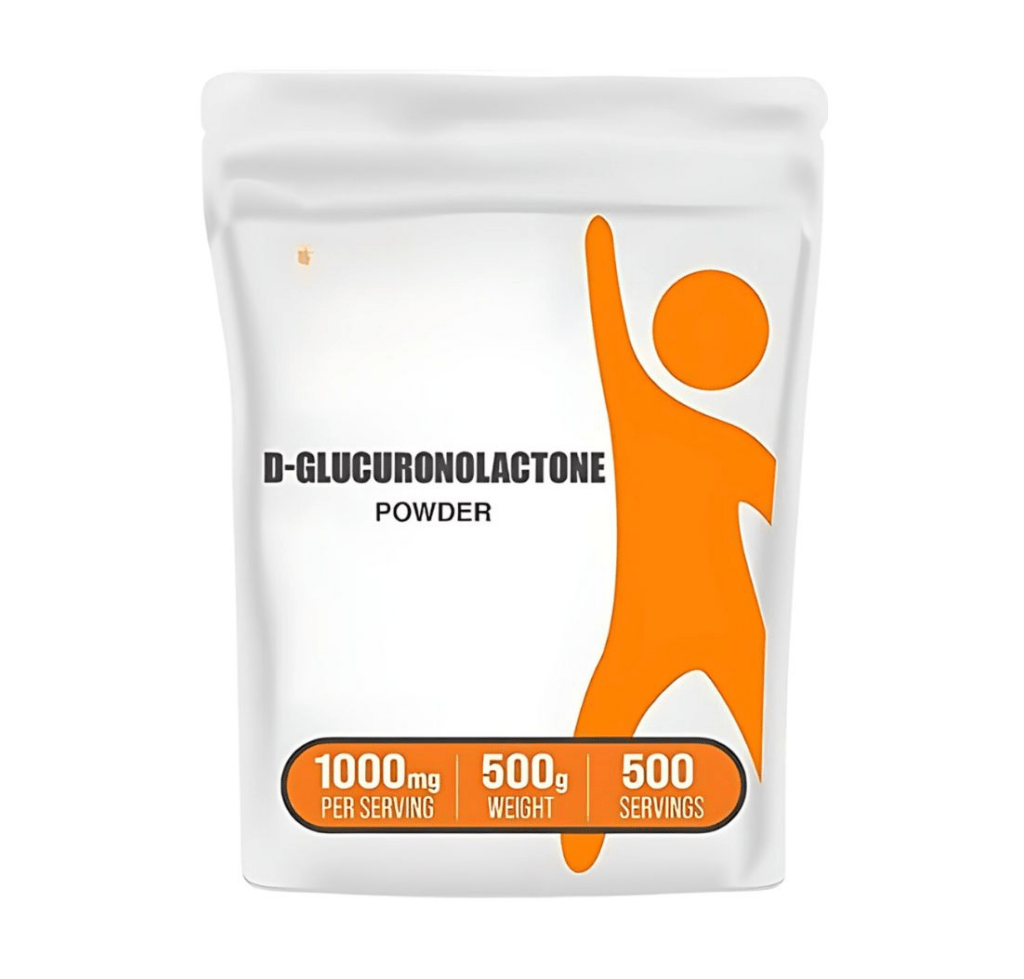
Drink makers say this helps clean out bad stuff from your body. But there’s not much proof it does anything special. Your body makes some independently; we don’t know if more is helpful.
4. Artificial Sweeteners: No-Calorie Taste
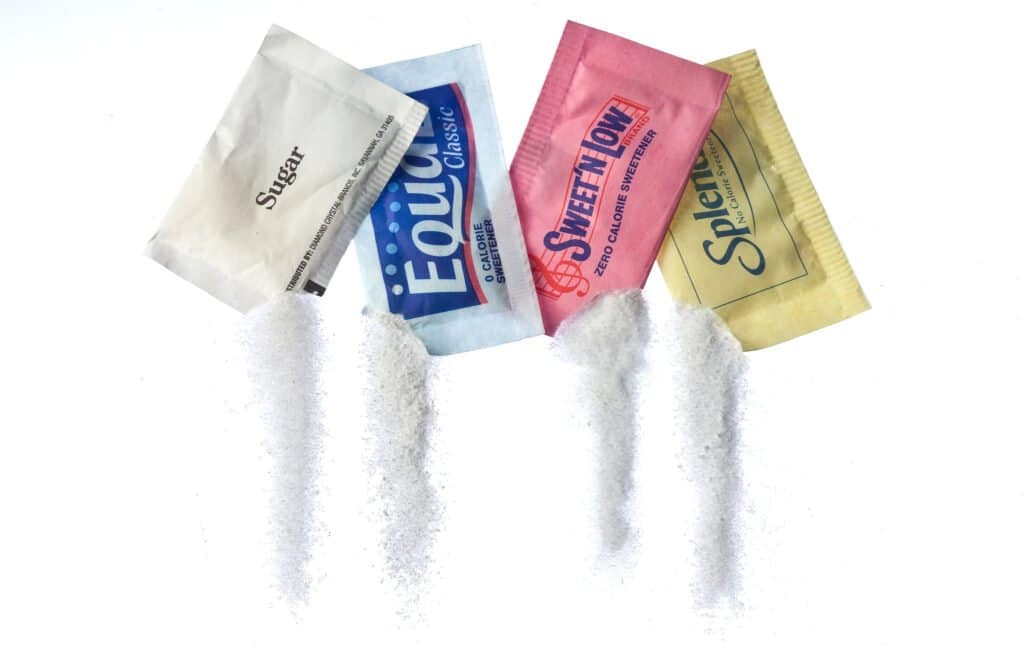
Some energy drinks use these instead of sugar to keep calories low. Common ones are aspartame and sucralose.
Most studies say they’re safe in small amounts, but some worry about using them often. They might change how your body handles sugar over time.
How Energy Drinks Affect Your Body?
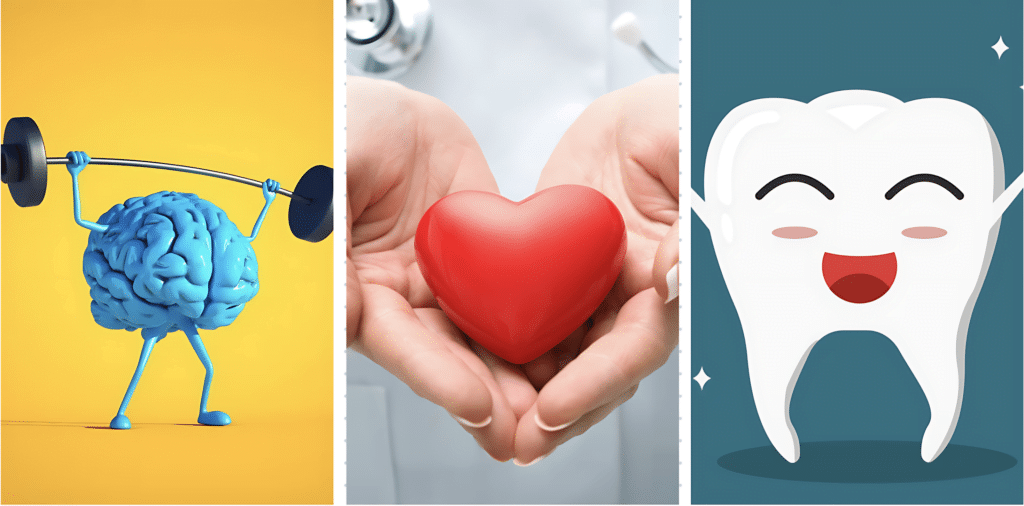
Drinking an energy drink isn’t just about feeling more awake. These beverages can impact your body in various ways.
Let’s explore how they might affect different parts of you, from your heart to teeth.
Heart Health
Energy drinks can make your heart beat faster and raise your blood pressure, mostly due to caffeine.
In some cases, drinking too much might lead to irregular heartbeats. It’s best to be careful, especially if you have heart problems.
Brain and Mood
The caffeine in these drinks can keep you awake when you want to sleep; some people feel worried or on edge after drinking them.
If you drink them often, you might feel bad when you stop, like having headaches or feeling tired.
Digestion and Weight
Energy drinks with lots of sugar can affect your body’s ability to handle blood sugar. Over time, drinking too much might lead to weight gain.
They can also change the helpful bacteria in your gut, which could affect your health.
Kidneys and Teeth
These drinks can make you pee more, which might lead to losing too much water if you’re not careful. Their sugar and acid can also damage your tooth enamel, possibly causing cavities.
Rules and Worries About Energy Drinks

Energy drinks are popular, but they’re not without controversy. Here, we’ll look at how these drinks are regulated and why some people are concerned about their use, especially among younger drinkers.
No Strong Rules
The group that checks food and drinks doesn’t closely monitor energy drinks.
Companies can put in different things and not always tell you everything inside. Some companies follow their own rules, but not all do.
Selling to Young People
Many ads for these drinks target teens and young adults, which can be problematic because young bodies might react differently to the drinks.
Also, mixing them with alcohol, which some young people do, can be risky.
When Things Go Wrong
There have been times when people got sick from drinking too many energy drinks. Some had to go to the hospital because their hearts were beating too fast or they felt very ill.
Because of this, many people think there should be stricter rules about selling these drinks and clear warnings on the cans.
Conclusion
Energy drinks pack a punch, but knowing what’s in them is key. While the hunt for the strongest energy drink continues, it’s clear that these beverages can affect your body in many ways.
Some effects might help you feel more awake or perform better, but others could be risky for your health.
It’s smart to consider how much and how often you drink. Remember, what works for one person might not work for another.
If you drink them, do so carefully and listen to your body. There might be healthier options for those looking for a boost.
In the end, the best choice is an informed one. Why not talk to a doctor or nutritionist about how to keep your energy up?

